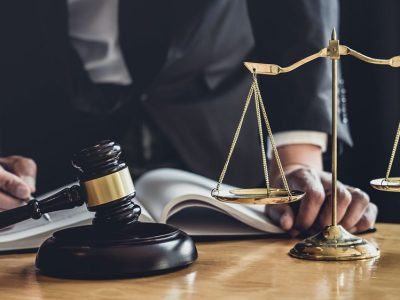White-collar crimes refer to non-violent, financially motivated crimes often committed by business professionals or public officials. This involves the theft of funds by a person who has lawful access to them by their profession or position. For example, an accountant falsifies records to siphon money from a company. This is the buying or selling of securities based on non-public information obtained as a corporate insider in breach of fiduciary duty covers the act of processing illicitly obtained funds to conceal their illegal origin. The methods include cash purchases, transfers through shell companies, gambling, etc.
Investigating white-collar crimes
- Sophistication– White-collar crimes often involve complex schemes spanning months or years. Criminals go to great lengths to hide their trails through shell companies, falsified documents, encrypted communications, etc.
- Lack of Obvious Victims- Many white-collar crimes don’t have a direct victim who reports the crime. For instance, money laundering obscures the source of funds, making victims hard to identify. It gives offenders a longer period of offending before getting caught.
- Resource disparity– White-collar criminals often have far greater resources, networks, and credibility compared to enforcement agencies.
- Weak paper trails– Unlike traditional crimes, white-collar offenses like bribery often don’t leave obvious paper trails that are easily tracked.
Role of the criminal defense lawyer
For individuals or companies charged with white-collar crimes, the key line of defense is an experienced affordable criminal solicitor London lawyer. The lawyer meticulously examines all documentation seized by investigators to identify legal issues with the methods or scope of evidence collection. For instance, if the search warrant was overly broad or file seizure goes beyond its scope. Based on their review, lawyers identify applicable defenses that can defeat or weaken the charges. For instance, showing the defendant had no intent to defraud or proving good faith reliance on financial advice.
Skilled cross-examination of prosecution witnesses can reveal credibility issues over their background, biases, or inconsistencies in accounts. Securing qualified expert testimony is crucial for technically complex areas like forensic accounting. Many white-collar cases end in a negotiated plea bargain to avoid the risks of trial. During the trial, the lawyer’s oral and written advocacy identifies reasonable doubt by discrediting prosecution accounts and presenting alternatives consistent with innocence. The defendant’s freedom or career is on the line in white-collar cases; hence skilled legal representation is invaluable. For corporations, restricting penalties and damage to reputation are prime motivators to retain top white-collar crime lawyers.
Notable white-collar crime cases
Some high-profile white-collar crime cases over the years illustrate the complexities involved and the pivotal role played by defense lawyers. The fraud cases in history involved overstatement of earnings through shady accounting, leading to Enron’s bankruptcy and losses of billions for shareholders. Enron’s defense lawyers got charges dropped against the founder Kenneth Lay while limiting prison time for the CFO Andrew Fastow through a plea deal. Bernie Madoff His elaborate Ponzi scheme defrauded thousands by pretending to invest their money when to pay older investors. Madoff ultimately got a 150-year prison sentence despite his legal team’s efforts.











Comments